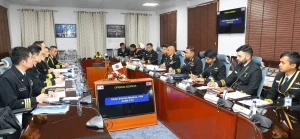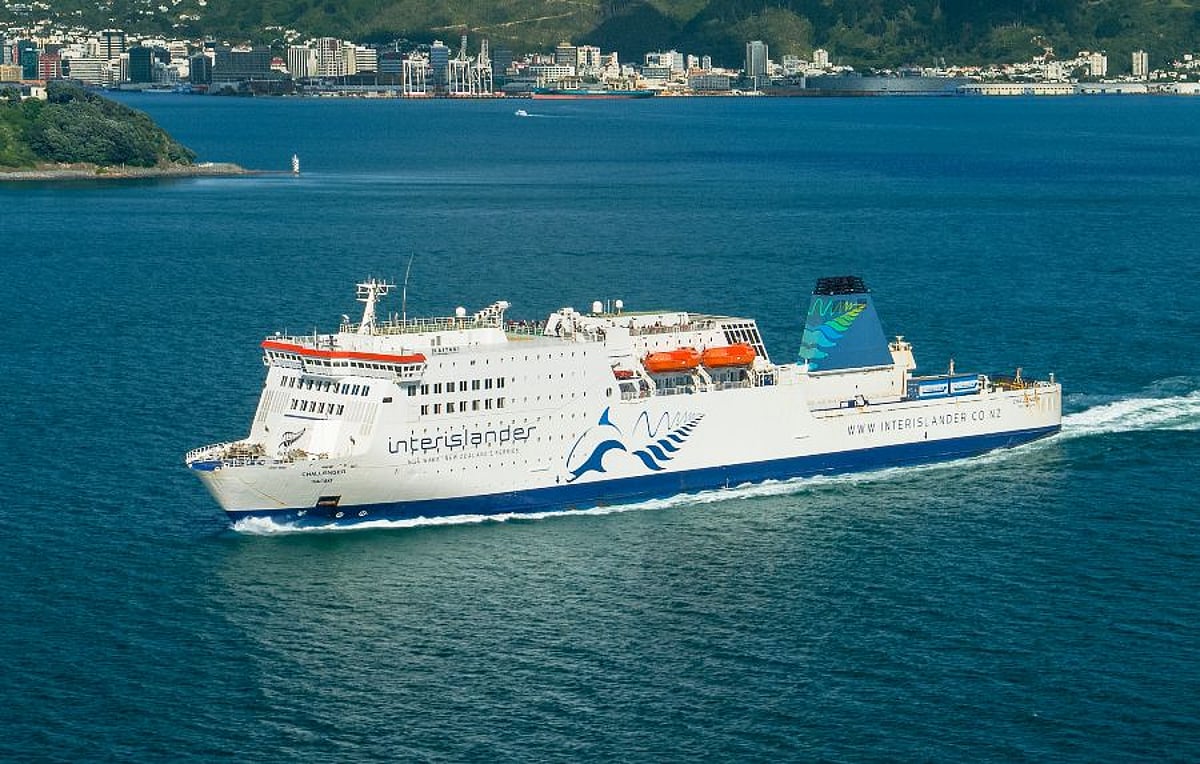India and Bangladesh share a rich and multifaceted relationship rooted in cultural, linguistic, and historical ties. Their bond has evolved significantly since the tumultuous times of India’s Partition in 1947 and the subsequent liberation of Bangladesh in 1971, where India played a crucial role in supporting Bangladesh’s journey to independence. This historical interplay has fostered a sense of deep mutual respect, with India being the first country to recognize Bangladesh as a sovereign nation.
The importance of Bangladesh to India cannot be overstated due to several factors. Geopolitically, Bangladesh shares extensive land and maritime borders with India, playing a pivotal role in India’s security and foreign policy. The relationship is further enhanced by economic ties, as India ranks among Bangladesh’s largest trading partners, with bilateral trade amounting to approximately $18.2 billion in 2021-2022. Culturally, shared heritage and familial links enhance people-to-people connections, with a significant population of Indian-origin individuals residing in Bangladesh.
Several areas of cooperation characterize India-Bangladesh relations. Economically, Bangladesh is India’s largest trading partner in South Asia, and various connectivity initiatives have been undertaken. This includes the rehabilitation of pre-1965 rail links and signing of the Protocol on Inland Water Transit and Trade, thereby facilitating greater and more efficient trade.
Development partnerships have also flourished, with India extending approximately $8 billion in Line of Credit for infrastructure projects. Human resource development remains a vital aspect, with India offering training programs for Bangladeshi civil service officials. The Indira Gandhi Cultural Centre in Dhaka actively promotes cultural exchanges, further strengthening bilateral ties.
However, while the relationship appears robust, challenges exist. Geopolitically, border disputes and issues related to illegal immigration strain ties. Economic concerns, like non-tariff barriers and disagreements over water-sharing from shared rivers, add layers of complexity. The Teesta River dispute remains particularly contentious, as a proposed agreement has yet to be implemented.
Security challenges are also noteworthy; India has raised concerns over terrorism and insurgent activities originating from Bangladesh. The increasing influence of China in Bangladesh, particularly through infrastructure initiatives like the Belt and Road Initiative, poses an additional strain on India-Bangladesh dynamics.
To enhance their relationship moving forward, measures such as resolving the Teesta river dispute, improving connectivity, and establishing the India-Bangladesh Friendship Pipeline could prove beneficial. Given the current global energy crisis, cooperation on renewable energy resources could also bolster ties. Furthermore, advancing toward a Comprehensive Economic Partnership Agreement (CEPA) and collaborating on refugee policies could aid in navigating the complex socio-political landscape.
In summary, while the India-Bangladesh relationship boasts significant historical, cultural, and economic dimensions, addressing the existing challenges will be crucial in fostering a stable and prosperous partnership.
Source link










